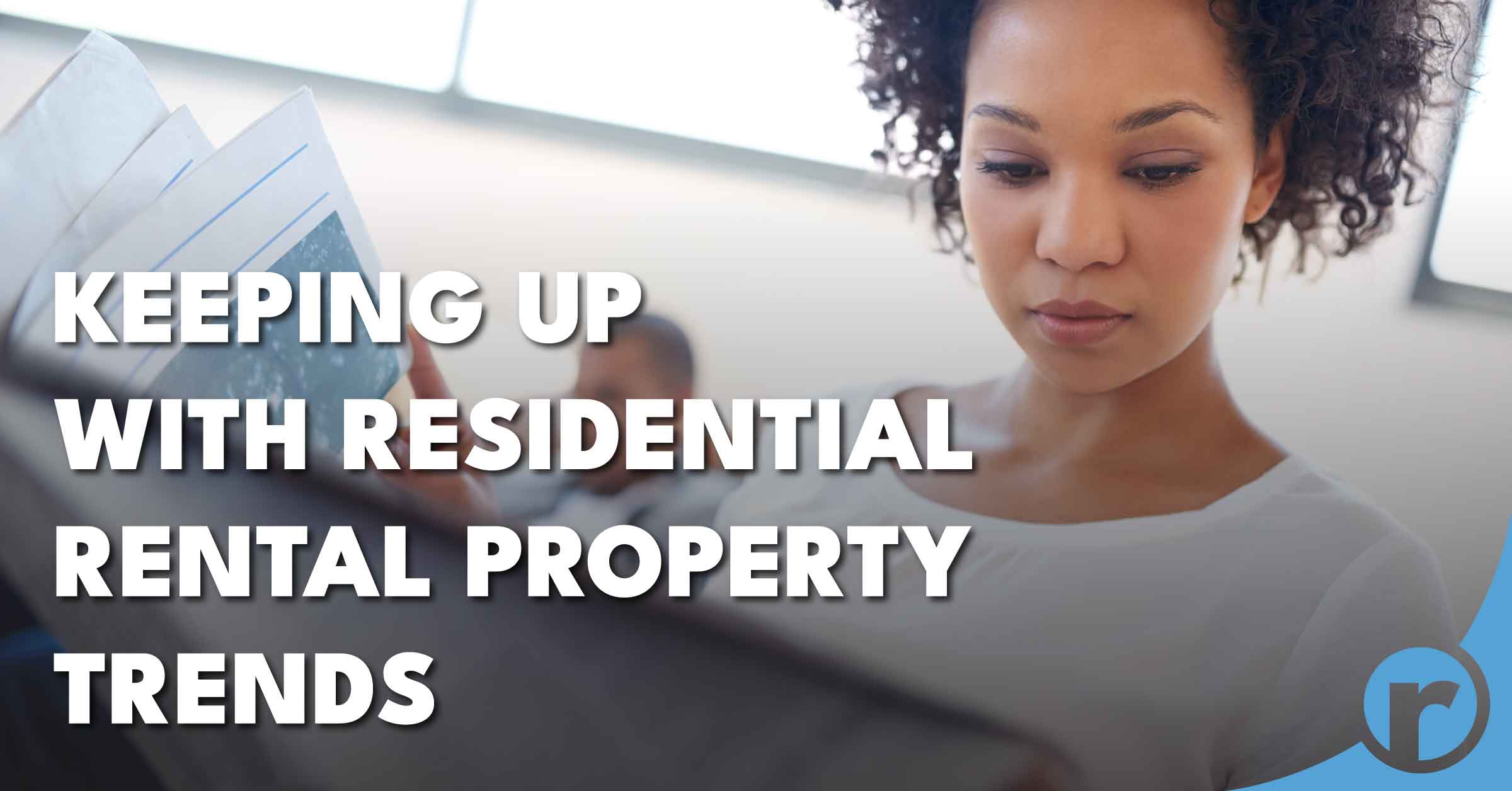As a residential property management company, we understand the significant decisions landlords face when it comes to managing investment properties. One of the most pivotal decisions is whether to sell the property or continue leasing it to tenants. With fluctuating interest rates, recent unpredictable real estate market conditions, and ongoing financial implications, the choice becomes even more critical. In this blog, we’ll explore the pros and cons of both options to help you determine the best course of action for your investment.
Below are some general rules of thumbs, including pros and cons, and we’ll sum it up with our PRO TIP at the end.
Selling:
Pros:
- Immediate Financial Gain: Selling your property can provide immediate access to funds, which can be beneficial if you need to liquidate your investment or reinvest elsewhere. Perhaps it’s time to retire, treat yourself to something, or re-invest your capital elsewhere.
- Elimination of Landlord Responsibilities: Being a landlord can be very time consuming. Being on call for tenant inquiries, property repairs, tenant management, chasing rent, and regulatory compliance. Selling your property relieves you of these duties and allows you to pursue other ventures hassle-free –or you could always contact Renti to relieve you of these responsibilities 😬
- High Interest Rates: With interest rates currently high, selling may seem more appealing as it allows you to avoid paying hefty mortgage interest, not to mention that anyone on a variable rate is feeling the pain of dipping into savings and personal finances to cover shortfalls in carrying costs each month; for many people, this isn’t sustainable.
Cons:
- Potential Capital Gains Tax: Depending on your jurisdiction and the property’s appreciation, you may incur capital gains tax upon selling. It’s essential to consider this tax implication when evaluating the profitability of selling. Leveraging tax-free equity may be a better solution if you have a low mortgage.
- Loss of Passive Income: If your property is cashflow positive, selling it means forfeiting this passive income stream. Ensure you have alternative investment strategies in place to compensate for this loss.
- Market Timing Risks: Timing the real estate market is challenging, and selling during a downturn may result in lower sale prices. It’s crucial to assess market conditions and consult with real estate professionals before making a decision.
Leasing:
Pros:
- Steady Rental Income: Despite potential fluctuations in the housing market, leasing your property provides a steady stream of rental income, which can help offset mortgage payments and property expenses.
- Long-Term Appreciation Potential: Real estate values tend to appreciate over time, especially in desirable locations. By retaining ownership and leasing out the property, you may benefit from long-term appreciation and potential future profits upon sale.
- Tax Deductions and Benefits: Landlords can avail themselves of various tax deductions and benefits, including mortgage interest deductions, property depreciation, and maintenance expenses, which can help reduce tax liabilities and increase cash flow.
Cons:
- Negative Cash Flow: Many landlords are experiencing negative cash flow due to high mortgage payments and operating expenses exceeding rental income. Continued losses may not be sustainable in the long term, especially if interest rates remain high.
- Tenant-related Risks: Leasing out a property comes with inherent risks, including non-payment of rent, property damage, and eviction proceedings. To mitigate these risks, conducting thorough tenant screenings and implementing effective property management practices is essential.
- Opportunity Cost: By retaining ownership and leasing the property, you may miss out on alternative investment opportunities that offer higher returns or better diversification.
PRO TIP:
If you happen to hold single-family residential real estate and you’re contemplating the sell vs. hold dilemma, we always suggest considering these options more seriously at the end of a tenancy. A tenanted property is always more challenging to sell than a vacant one. You’re unable to prepare it for sale the same way you would if it were vacant, your real estate agent won’t be able to stage it or present it as well, and you’re at the mercy of the tenant accommodating showings. A vacant, properly prepared and staged vacant home, will always sell for more than a tenanted one.
In conclusion, the decision to sell or lease your investment property depends on various factors, including your financial goals, market conditions, and risk tolerance. While high interest rates may incentivize selling in the short term, it’s essential to consider the long-term implications and weigh the pros and cons carefully. Consulting with real estate professionals and financial advisors can provide valuable insights to help you make an informed decision tailored to your individual circumstances. Ultimately, whether you choose to sell or lease, strategic planning and prudent decision-making are key to maximizing the return on your investment.












